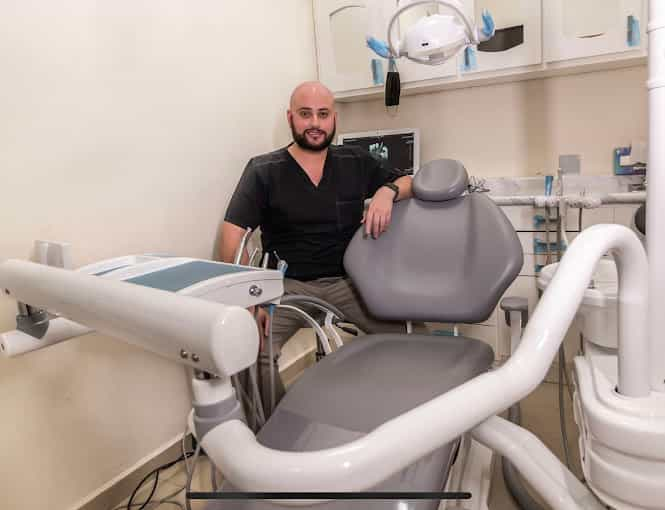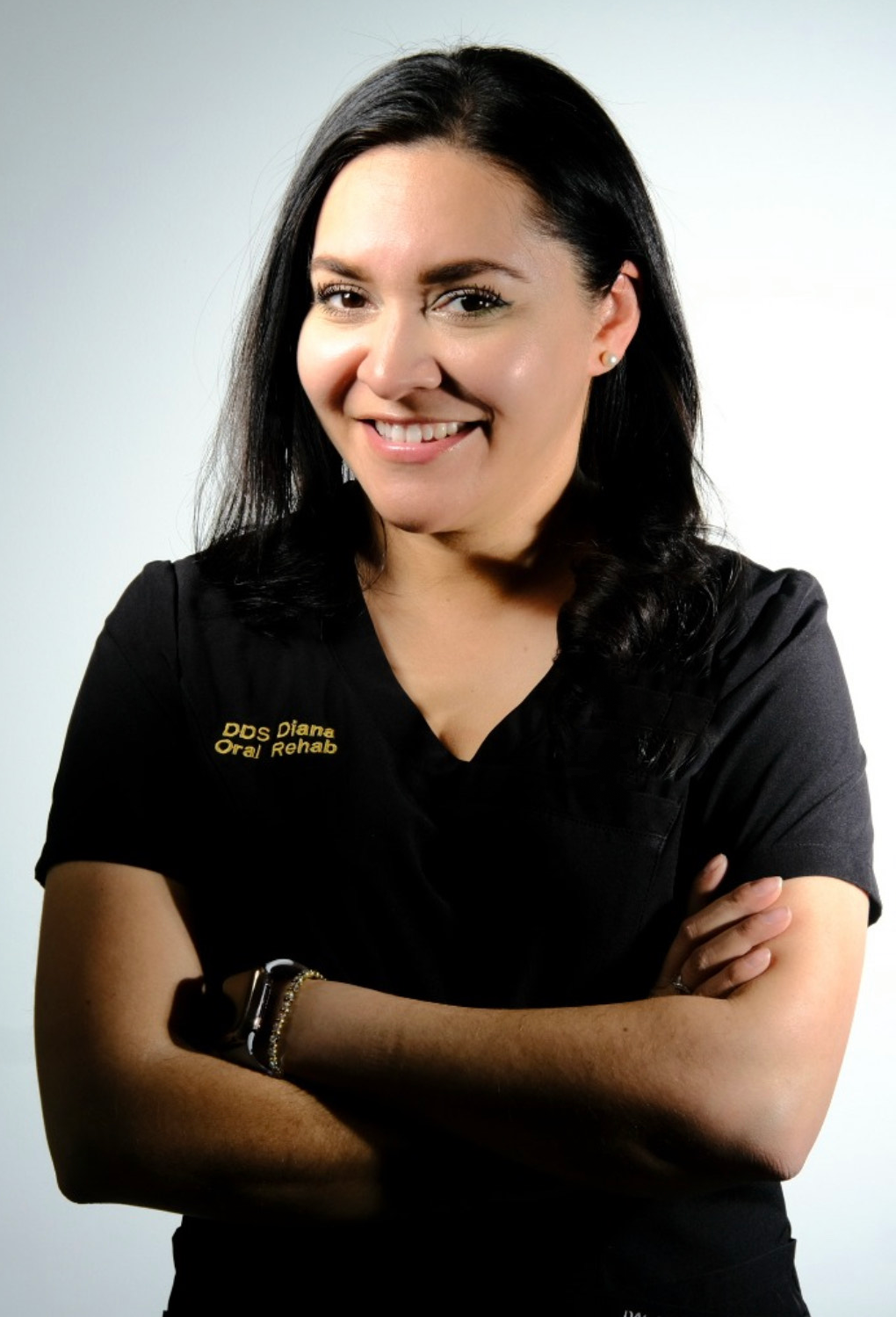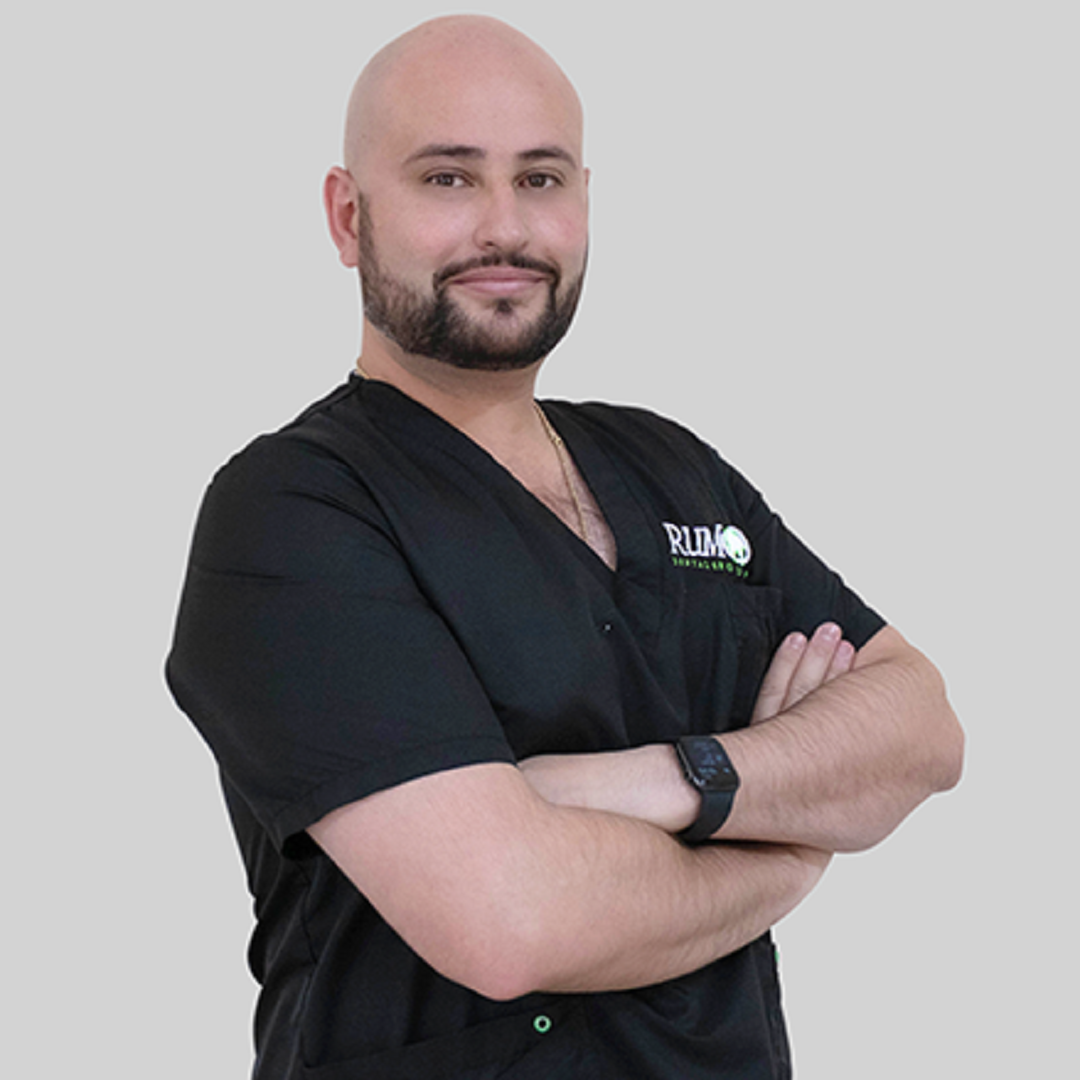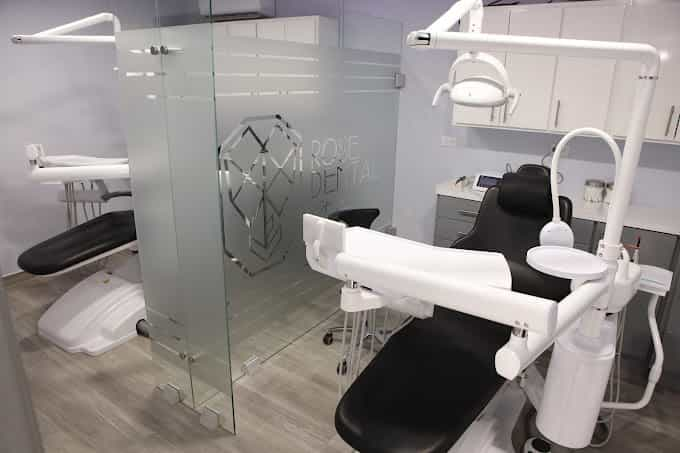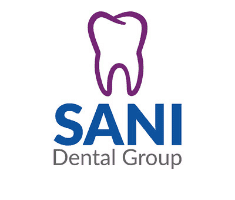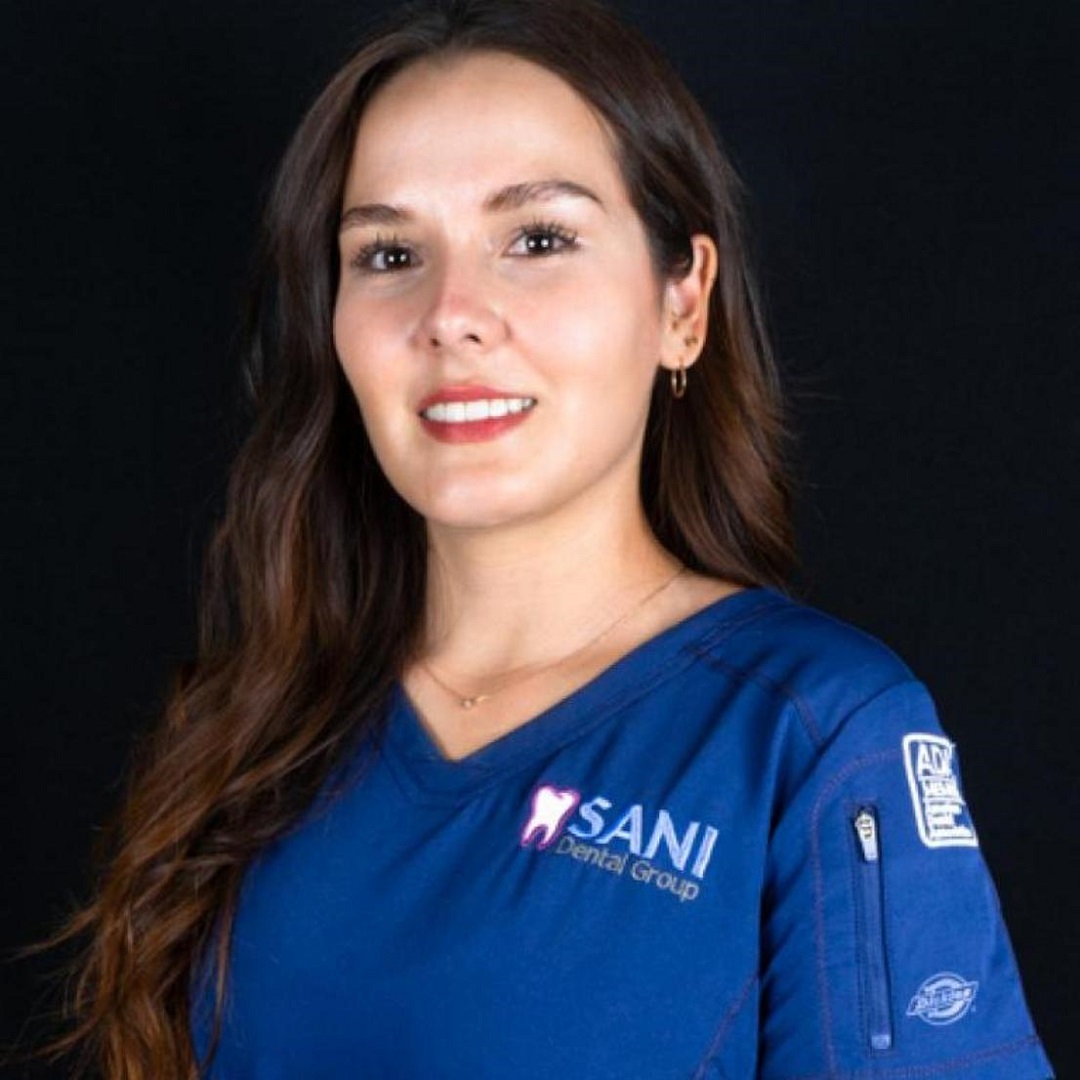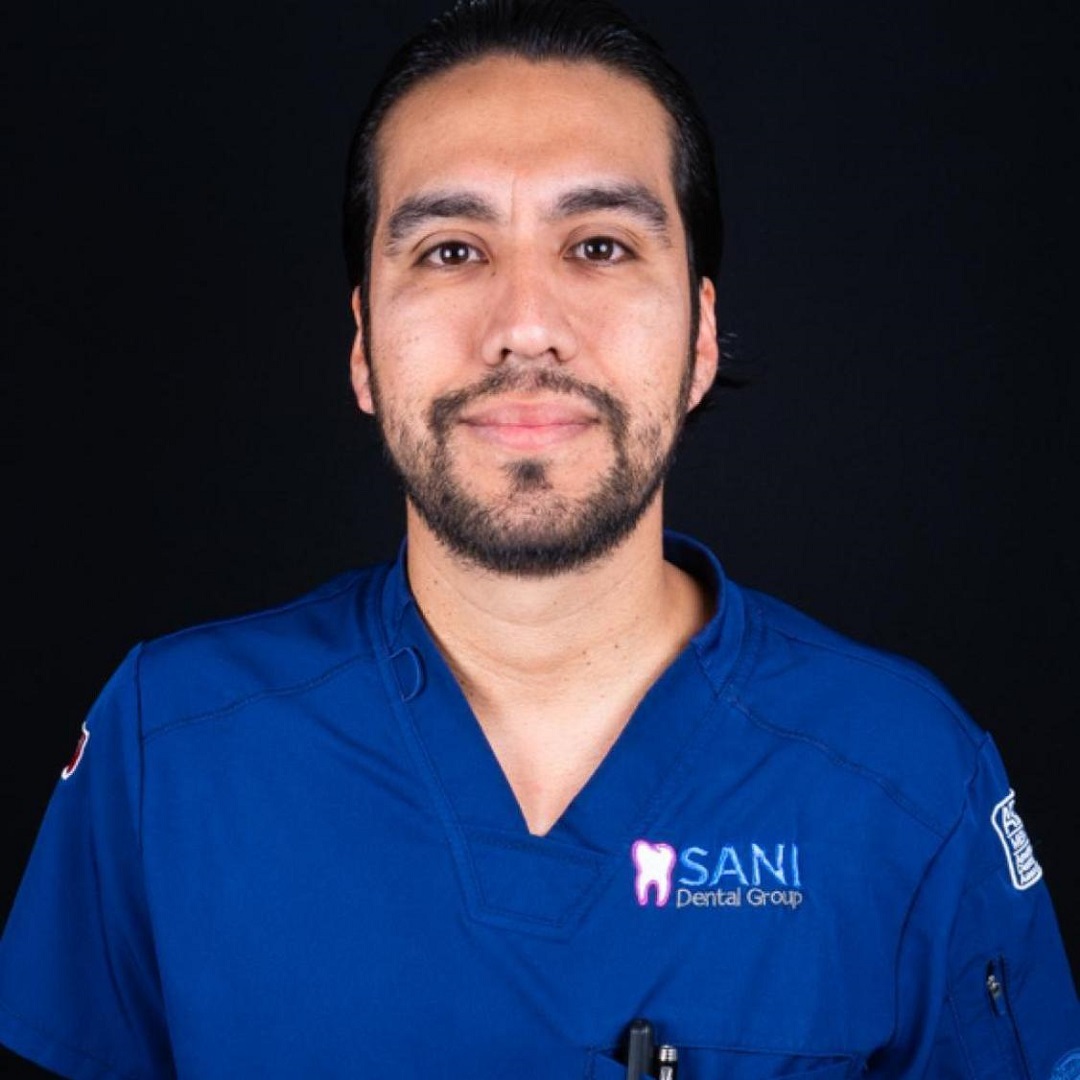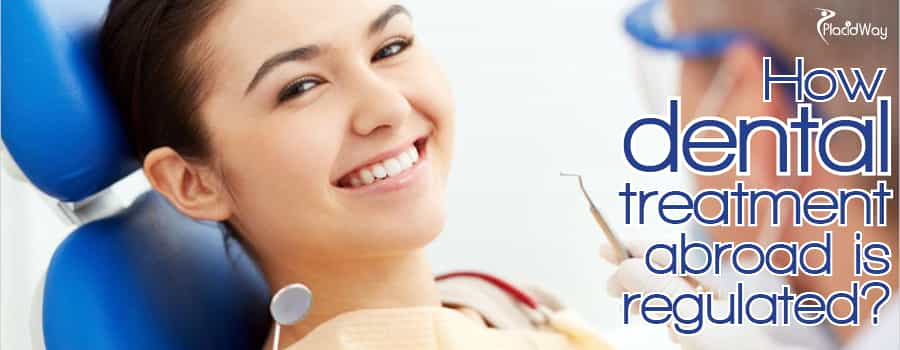
Dental Treatment Abroad
When we talk about our health, in this case, dental treatments, we need to make sure the risk involved is worth the effort the medical trip we are about to make. In many cases, going abroad means getting a lower price, but it does not equal the quality you are used to in your home country. It is evident things will not be the same as dental training may be different, dental regulation could change as well, and we can only hope standards will be as high as we are used to.
The good news is that poor standards will not always be the case if you decide to travel abroad for medical care. In most countries the differences in price with your home country simply drop because local costs including: staff, facilities and dentists are lower. So, going beyond the price, how can you check if your dentist is qualified for performing the dental treatment you need?
Dental training abroad
When you decide to give a chance to the medical trip, the first step is checking the dental training standards that the specific country requires for dentists to graduate. In many countries (probably most of them), dentists must study per four or five years. These studies lead them to obtain a Bachelors Degree in Dentistry, or allow them to be a Doctor of Dental Surgery, like in the US. This degree is the minimum prerequisite that should be accepted for you to undergo a basic dental procedure or simple cosmetic procedures. For additional procedures such as dental implants, your chosen dentist must hold a specialization degree, higher studies and extra dental training. Forgoing further on your research, you can visit for example the Council of European Dentists website and find the EU Manual of Dental Practice where all specifications on dental training in all European Countries are detailed. You can easily check the training of your dentistry doctor by asking the clinic or hospital for a copy of their qualifications.
Dental Associations and Chambers
Always remember to look for the national dental associations on the country you decide to visit, since all of them have one of some form. Though, investigate these memberships to make sure of their validity, look for what are the best practices and high standards these organizations are promoting and looking on their members to provide them with the affiliation. If the membership is given automatically (when the dentist decides to join the organization and there is no application or presentation of background to pre-qualify), then probably it does not have as much weight as others. Also, do a small research about the membership types, if they are mandatory due the country’s law or if it is optional. If a membership is optional, or the dentist holds memberships of various organizations on a specific country, it could mean he is more interested in holding high standards and comply with best practice, which can only be good for you and your treatment results.
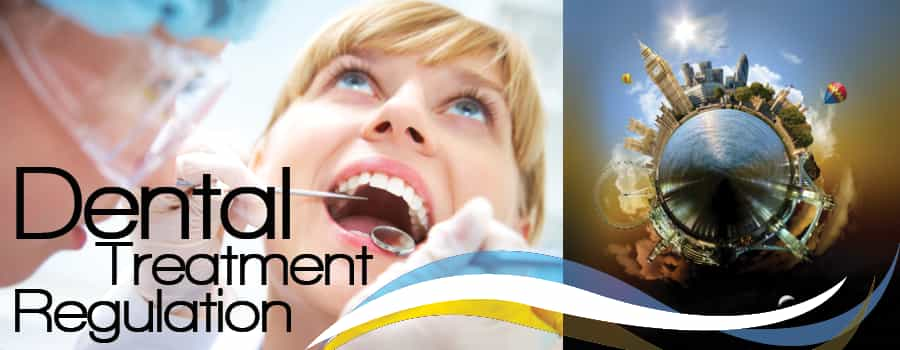
Dental regulation in Europe
In Europe, dentists must comply with the regulations of national dental associations or chambers. These associations exist in all European countries, and 30 of them are represented by the Council for European Dentists; so, to make sure your dentist is on that list, check the full list they have on their website. The dentistry associations for the most chosen destinations are as follows:
1. Hungary - Hungarian Dental Association
2. Poland - Polish Chamber of Physicians and Dentists
3. Cyprus - Cyprus Dental Association
4. Czech Republic - Czech Dental Chamber
In addition, most national regulations in countries around the world require their dentists to register with their national health body or health ministry; Europe of course is not the exception. If you’d like more information about regulations on dentistry, visit: www.healthregulation.org.
Dental regulation in Mexico
In Mexico, where most Americans decide to travel for dental care by just crossing the border, the Mexican Dental Association regulates all dental clinics. Also, many of them are registered as well with the American Dental Association and the American Academy of Cosmetic Dentistry due to the fact that often these clinics attend American patients mostly. Indeed, these dental clinics look forward to following the high standards set by the American Occupational Safety and Health Administration.
In Costa Rica, where many American patients look for dental treatments too, Dentistry is regulated by the Colegio de Cirujanos Dentistas de Costa Rica (College of Dental Surgeons of Costa Rica). Also in Argentina, another country visited by American dental travelers is the Ateneo Argentino de Odontologia who measures their dental regulations.
Dental regulation elsewhere
All around the world, dental regulation in different countries is same or very alike following a similar pattern. In these other countries outside the Americas and Europe, the national bodies and health ministries are constantly regulating dentistry treatments, dental clinic facilities and the training of their dentists. Few examples include:
1. India – Indian Dental Association and Dental Council of India
2. Thailand - Dental Association of Thailand
3. Turkey - Turkish Dental Association
4. Ukraine - Ukrainian Dental Association
Where is the best country for dental work?
As per Patients Beyond Borders, an organization that investigates operations in different nations to illuminate clinical vacationers, the best 10 locations for dental the travel industry among U.S. patients are Mexico, Thailand, Hungary, Spain, Poland, Costa Rica, the Philippines, Malaysia, Turkey, and the Czech Republic
Check your contract for dental treatment abroad
After checking how qualified is your dentist and all his registrations and memberships, it’d be a good idea to check your contract in detail since when you travel abroad for dental care, most contracts will establish a clause stating that in case of litigation by malpractice any claims will be made and stick to the laws of his own country and justice system.
So, any kind of legal compensation can be very difficult to pursue or gain even if it involves negligence or malpractice. Obviously, in these countries, the compensation will be different, so if you are traveling from the US and UK, countries where malpractice claims are common and somewhat easy to follow, your expectations must be low to not so substantial sums, or probably not compensations at all, since every country has a legal system and different laws established for such cases. Indeed, the result and amount may not be what you expect.
Insurance issues and dental treatment abroad
When traveling for dental treatment abroad, even if the regulation on the country is the best, the results cannot be completely controlled, and things can still go wrong. To avoid this sort of situation, you should first confirm that you are covered by the necessary liability insurance to cover the expenses of your dental treatment.
It is not really likely that your travel insurance will cover you during your trip, especially if they find out you are looking to undergo dental treatment abroad. However, the good news is in many countries, it has become mandatory for dental clinics to have such insurance. To avoid surprises, you should ask for a copy of those certificates.
Always check your dentist’s credentials before undergoing any dental procedure. For more information, please do not hesitate to contact us!


.png)




.png)
.png)


